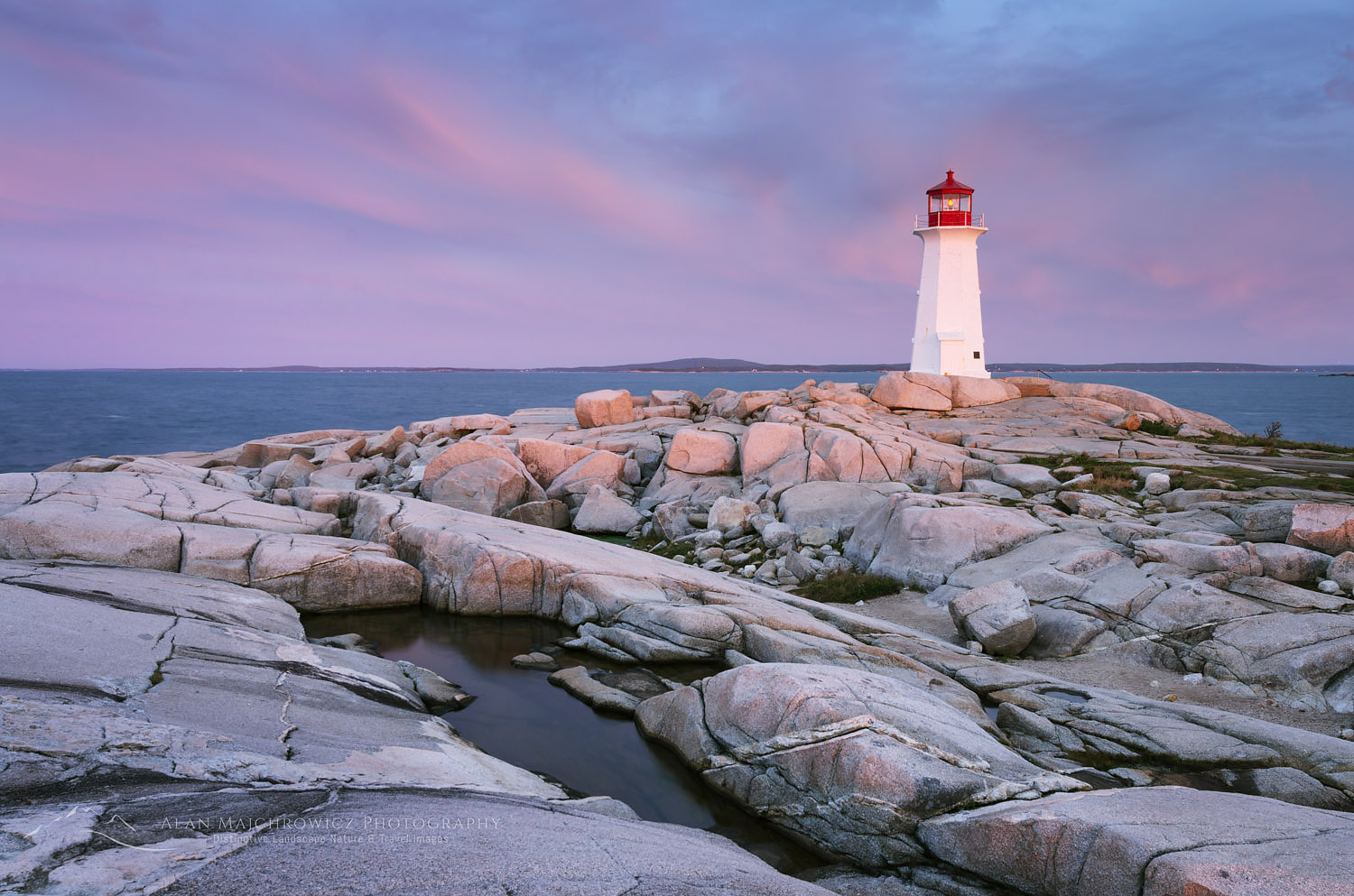
1845ĭespite the Conquest of Acadia in 1710, no serious attempts were made by Great Britain to colonize Nova Scotia, aside from its presence at Annapolis Royal and Canso. Mi'kmaw Women Selling Baskets, Halifax, Nova Scotia, by Mary R. While all of the regions of HRM developed separately over the last 250 years, their histories have also been intertwined. All of these regions were amalgamated into the Halifax Regional Municipality (HRM) in 1996. Margaret's Bay was first settled by French-speaking Foreign Protestants at French Village, Nova Scotia, who migrated from Lunenburg, Nova Scotia, during the American Revolution. To guard against Miꞌkmaw, Acadian, and French attacks on the new Protestant settlements, British fortifications were erected in Halifax (Citadel Hill) (1749), Bedford ( Fort Sackville) (1749), Dartmouth (1750), and Lawrencetown (1754). The British settled Halifax in 1749, which sparked Father Le Loutre's War. The first European settlers to arrive in the future Halifax region were French, in the early 1600s, establishing the colony of Acadia. The community was originally inhabited by the Miꞌkmaq. Examples of Miꞌkmaq habitation and burial sites have been found from Point Pleasant Park to the north and south mainland. There is evidence that bands would spend the summer on the shores of the Bedford Basin, moving to points inland before the harsh Atlantic winter set in. Prior to the establishment of Halifax, the most remarkable event in the region was the fate of the Duc d'Anville Expedition, which led to significant disease and death among the local Miꞌkmaq people. Before contact they called the area around the Halifax Harbour Jipugtug (anglicised as "Chebucto"), meaning Great Harbour. The Halifax area has been territory of the Miꞌkmaq since time immemorial. 1899: Departing Halifax for the Boer Warġ749 sketch of Halifax from the top of a masthead.1894: Local Council of Women established.1887: Maritime Conservatory of Performing Arts established.1885: Departing Halifax for Northwest Rebellion.1863: Mic-Mac hockey stick sold commercially.1860: Halifax Volunteer Battalion established.1856: Halifax School for the Deaf established.1832: Cornwallis Street Baptist Church established.1758: Headquarters established for Royal Navy's North American Station.1.3.11 1996 amalgamation and Community status.1.2.19 Transportation links to Dartmouth.1.2.13 Schools for the Deaf and the Blind established.1.1.7 Prince Edward, Duke of Kent and Strathearn.1.1.4 Headquarters of the North American Station.That is why all of our trips are flightless in destination, fully carbon offset - and we have ambitious plans to be net zero in the very near future. We are committed to go as far as possible in curating our trips with care for the planet. We know that many of you worry about the environmental impact of travel and are looking for ways of expanding horizons in ways that do minimal harm – and may even bring benefits. Our Sailing Trips invite you to spend a week experiencing the best of the sea and land in the Caribbean and the Mediterranean. Our Mini Trips are small and mighty - they squeeze all the excitement and authenticity of our longer Epic Trips into a manageable 3-5 day window.

Epic Trips are deeply immersive 8 to 16 days itineraries, that combine authentic local experiences, exciting activities and enough down time to really relax and soak it all in. Our Trips are suitable for both solo travellers and friends who want to explore the world together. That is why we have intensively curated a collection of premium small-group trips as an invitation to meet and connect with new, like-minded people for once-in-a-lifetime experiences in three categories: Epic Trips, Mini Trips and Sailing Trips. Increasingly we believe the world needs more meaningful, real-life connections between curious travellers keen to explore the world in a more responsible way.

We are proud that, for more than a decade, millions like you have trusted our award-winning recommendations by people who deeply understand what makes certain places and communities so special. Culture Trip launched in 2011 with a simple yet passionate mission: to inspire people to go beyond their boundaries and experience what makes a place, its people and its culture special and meaningful - and this is still in our DNA today. Since you are here, we would like to share our vision for the future of travel – and the direction Culture Trip is moving in.


 0 kommentar(er)
0 kommentar(er)
